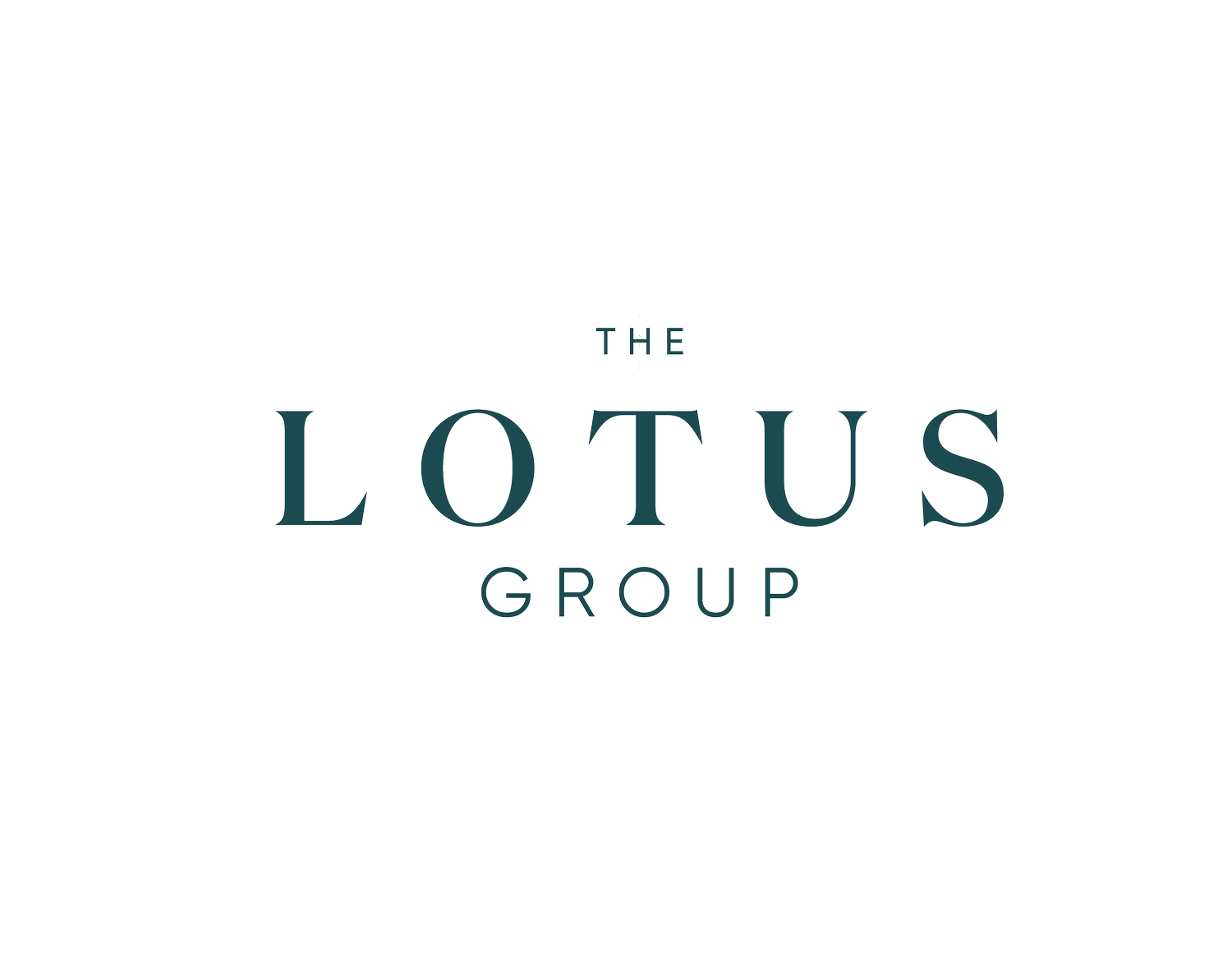What Does it Mean to Buy a Home on Leased Land?
If you've ever spent any time on MLS perusing listings in search of your next home, you may have noticed some listings with the description "Land Lease".
But what exactly does this mean? Are you renting the home? Or do you own it? Or is it a combination of both?
Let's take a look at what a land lease is before you decide to purchase this type of property.
What is a Land Lease?
In a land lease situation, you buy and own the structure, but the land that it sits on is leased. That means that while you may own your actual home, you don't own the lot. The home and the land are owned independently.
Generally speaking, land leases can be as long as 99 years. But that doesn't always necessarily happen. For instance, if you buy a home on a land lease from someone who has already held the lease for several years, the expiry date of the lease could be much sooner than 99 years. That means you'll be assuming the rest of the lease when you buy the home.
So, does that mean that as you approach the 99th year of the land lease, you could be kicked out of your home if the landowner wants the land back? While this is a possibility, the odds of this happening are very low.
The biggest advantage of buying a home with a land lease is that these properties are typically much cheaper than a traditional freehold home. This may be especially attractive for first-time buyers or those looking to downsize. Plus, property taxes are usually lower for land leases, which will save you more money on upkeep.
However, you should understand that you will still have to pay monthly rent for the land. There are also maintenance fees to pay, and the cost of these fees depends on the location and the types of amenities that come with owning the property.
Another big downside is that you won't grow any equity on the land portion of the home. As such, a land lease doesn't usually make a good investment if you're looking to build equity.
Types of Land Leases
The following are some of the more common land lease situations that you'll see in Canada:
Planned subdivisions. Some real estate developers build communities where the residents purchase their house, while the developer retains ownership of the land. This arrangement is common in retirement communities in suburban areas, though it may also be found in some urban centers.
Land owned by institutions and municipalities. Institutional or municipal land may be leased for private use.
First Nations land. First Nations have long been leasing their lands to others, especially in cottage country.
Considerations to Make Before Buying a Land Lease Home
Before you make an offer on a home that sits on leased land, make sure you fully understand what you're signing up for. In particular, be sure to take the following into consideration first:
How much time is left on the existing lease? If you are buying a home from someone else who was already in a land lease contract, find out how much time is remaining on the lease. This would have a direct impact on the property value and your mortgage. If the expiry date is fast approaching, you might find it nearly impossible to get approved for financing for the home.
What are the terms when the lease expires? Find out what happens when the land lease comes to an end. More specifically and importantly, find out if you will be required to surrender the building on the lease when the land lease expires and what the terms are surrounding renewing the lease. Depending on the situation, you might be allowed to retain ownership of the house, though this may be useless since you probably wouldn't be able to move the home to another lot.
What are the condo fees, if any? Planned communities likely come with monthly maintenance fees to cover the cost of caring for common areas. Find out how much these fees are and the types of amenities that come with ownership in the community.
No matter what type of home you decide to buy, we'd love to help. Reach out to The Lotus Group today and let us help you find your dream home within your budget!

